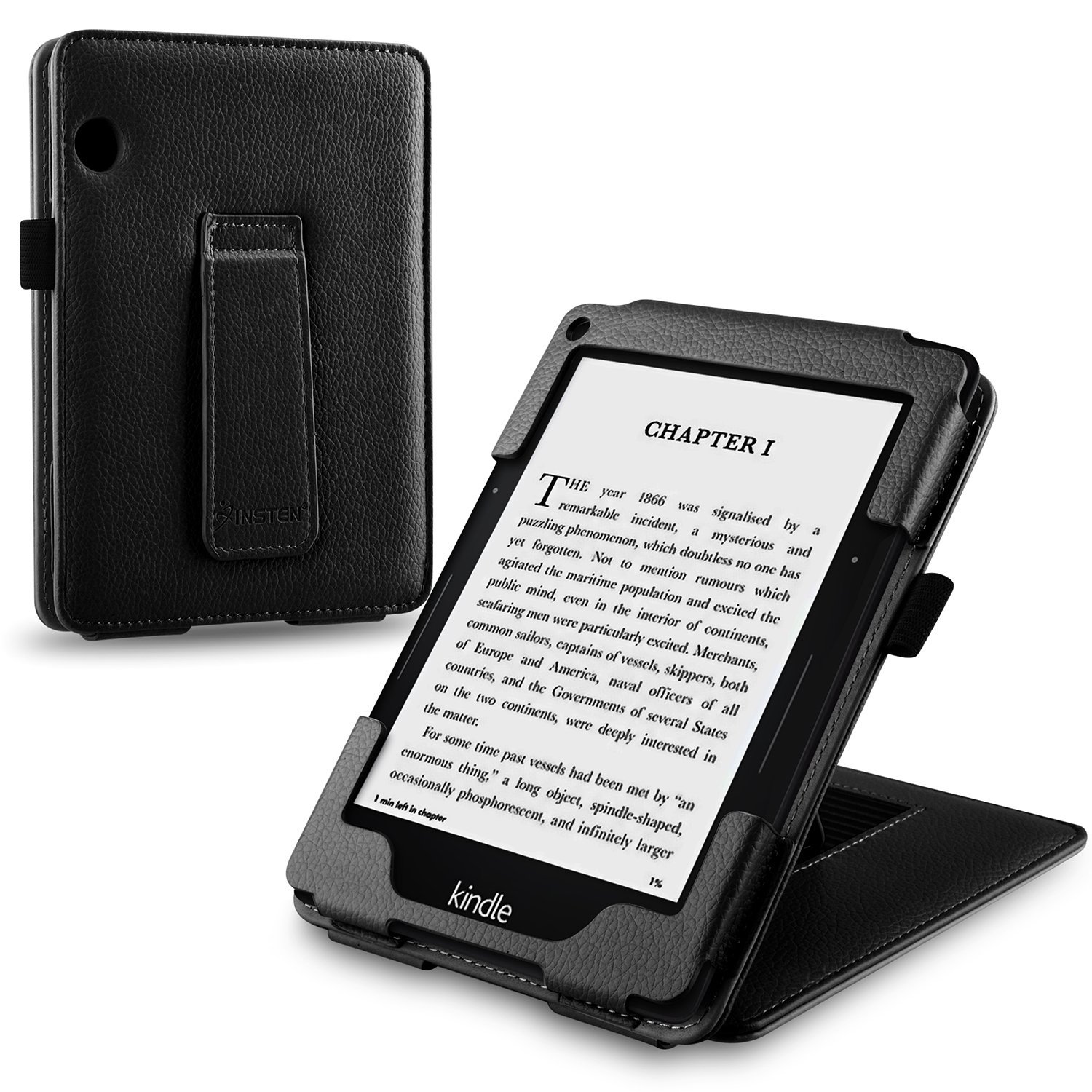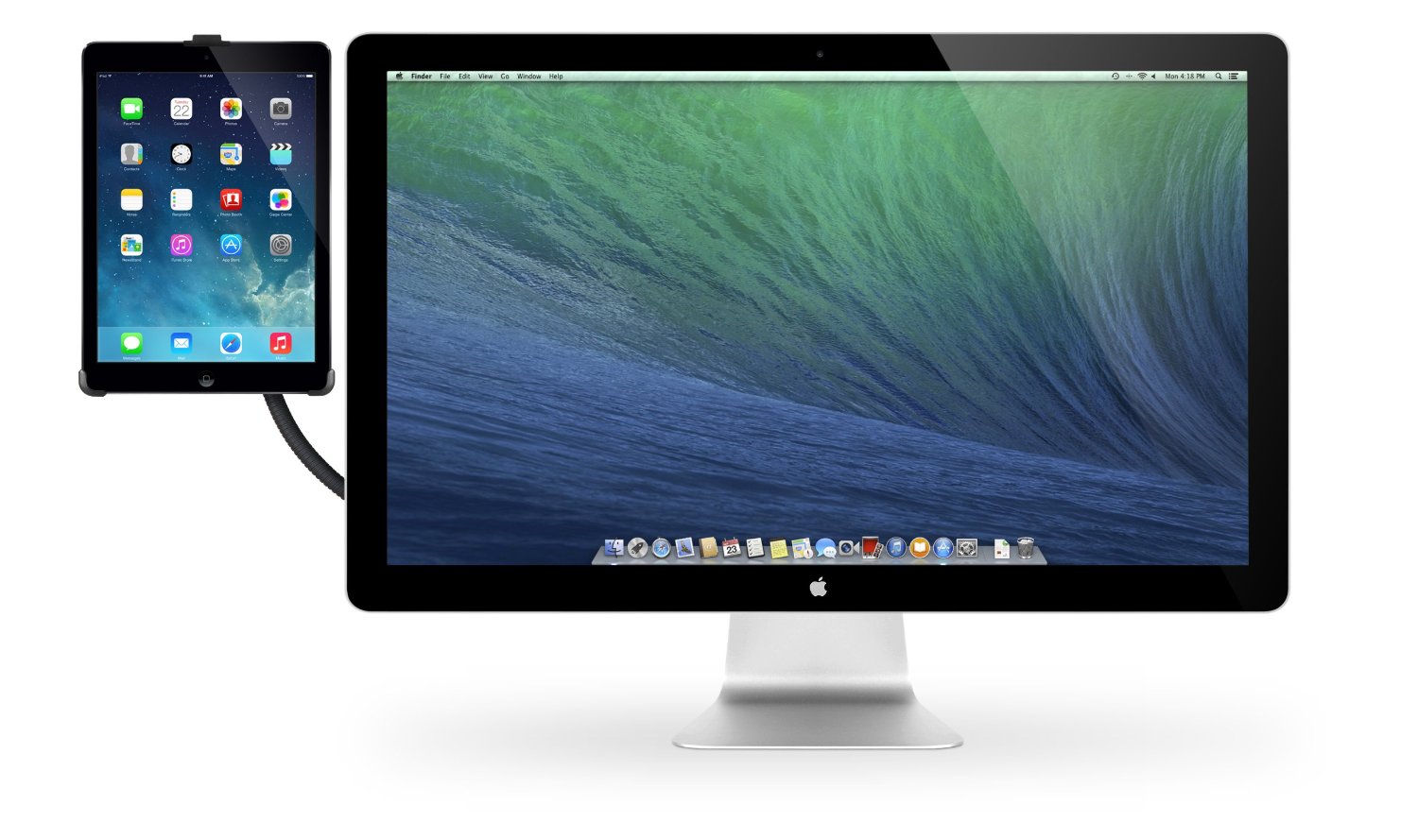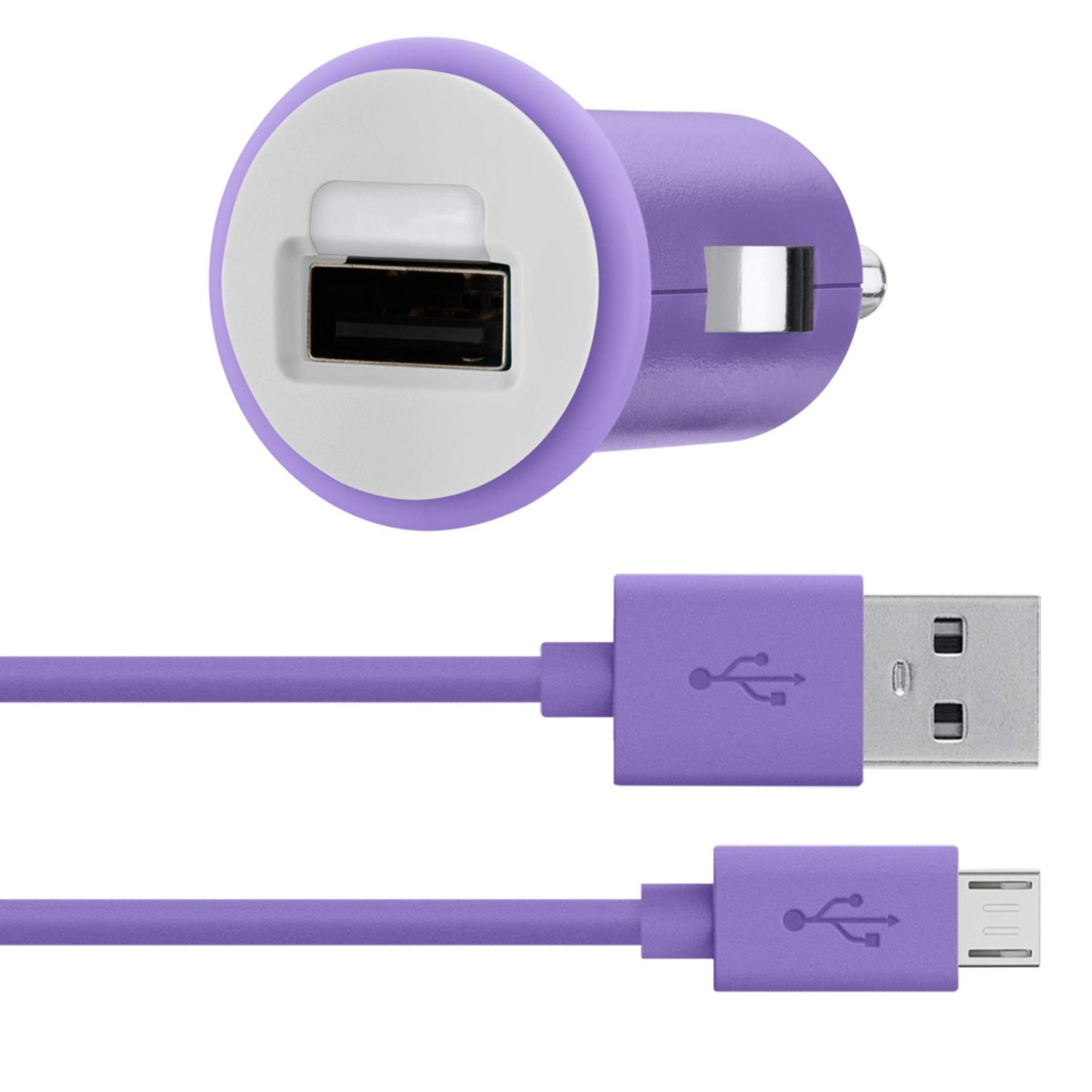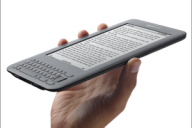AT&T & e-Book Readers: Domination
0
AT&T is a fairly well-known company around the world, but the deal with the iPhone has allowed the company to reach more homes and register new customers at a mind-boggling rate. It does help that the device is one of the most popular gadgets around the world. AT&T is certainly not sitting and banking on its iPhone deal. The company is setting its sight on netbook and e-book reader markets. It’s already released a number of wireless netbook bundles for business professionals. But more importantly, it’s struck deal with Sony and Plastic Logic to provide wireless access on their e-book readers. Sprint could always brag about Amazon Kindle (the undisputed leader in the e-book reader niche) being on board. Even that has been taken away as Amazon has struck a deal to offer global wireless access on Kindle 2.0 international.
This has got to be big blow for Sprint which took on some risk by providing wireless service on Kindle from the very start. Could Amazon be worried about Sprint going bankrupt? Perhaps the best reason for the move is Amazon’s global strategy for Kindle. Sprint may have been a decent partner for Amazon, but AT&T provides Amazon with something Sprint won’t, and that’s global wireless service. Amazon is not completely kicking Sprint to the side. The older Kindle models and Kindle 2.0 US will still be using Sprint.
Verizon wireless remains the wild card in e-book reader wars. AT&T may have captured the top e-book readers on the market, but I wouldn’t be surprised if Verizon strikes deals with new players to establish itself in this market. It’s already struck a deal with Irex and more deals will be in the works. Sprint, on the other hand, may struggle to attract more e-book readers in the future. Any company that wants to go global in this market will most likely sign with AT&T, and it’d be hard for smaller startups to compete in the U.S. against Sony Reader and Amazon Kindle. So the latest blow to Sprint is of a huge magnitude.
The e-book reader wars are just starting, and you can expect wireless providers to go back and forth over new e-book readers to increase their shares in this niche. Let’s hope the wireless service on our e-book readers stays free.










